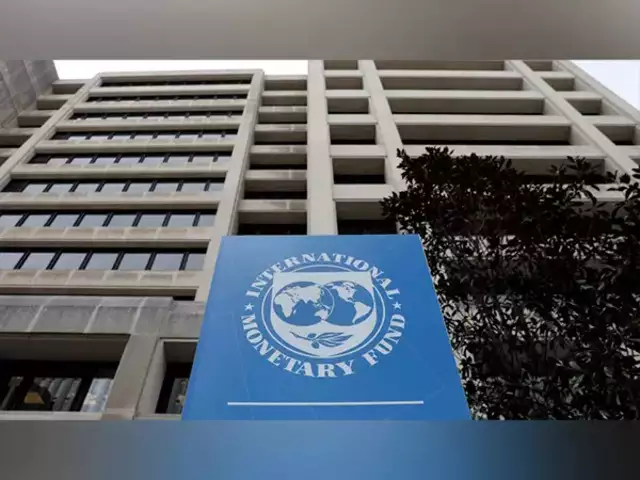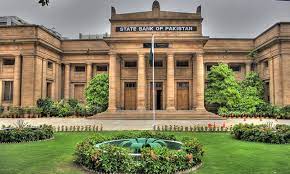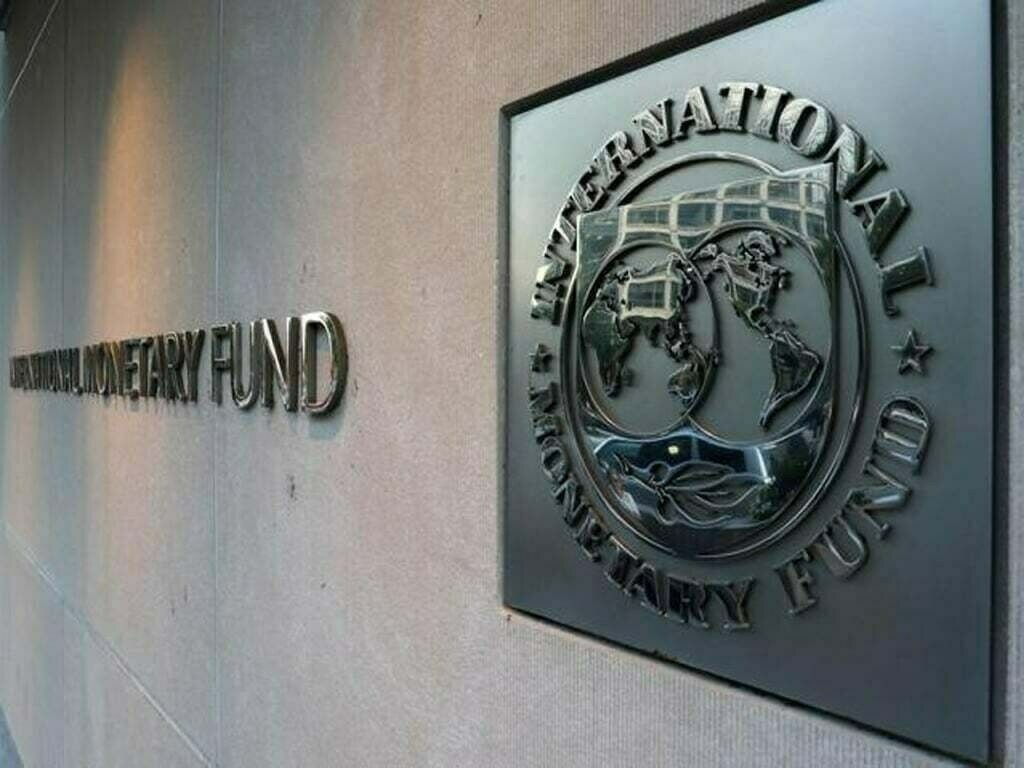PTBP Web Desk
The International Monetary Fund (IMF) has issued a warning that Pakistan’s efforts to sustain economic stability are at risk due to political pressures and economic challenges. In its latest report, the IMF identified several factors that could undermine the country’s reform momentum, including pressures from vested interests, political uncertainties, and an external environment characterized by volatile commodity prices and tight global financing conditions. The Fund emphasized that these factors could delay or weaken reform efforts, putting at risk the still-brittle stability in Pakistan’s economy.
The IMF’s report highlighted that political economy considerations and pressures from various interest groups could negatively impact the pace of reforms. The new government has expressed its intent to implement deeper economic reforms under a Fund-supported program. However, significant political uncertainty remains, which poses a challenge to policy consistency and reform implementation. The report noted that the resurgence of political or social tensions could make it difficult to carry out necessary reforms, which are crucial for stabilizing the economy.
The pressure to ease policies and provide tax concessions and subsidies remains strong in the current political environment. This could lead to policy slippages, particularly in revenue measures that are essential for maintaining fiscal discipline. Such slippages could undermine efforts to achieve debt sustainability, given Pakistan’s high gross financing needs. The IMF warned that any deviation from the reform path could put pressure on the exchange rate and force banks to finance the government’s needs, further exacerbating the crowding-out effect on the private sector. This situation could entrench a low-growth, low-financial-development equilibrium, making economic progress difficult.
The external environment poses additional challenges for Pakistan. Global financial conditions remain tight, and geopolitical tensions contribute to volatile commodity prices. These factors add to the difficulty of maintaining external stability, as higher commodity prices or tighter global financial conditions could have an adverse impact. The IMF noted that these risks could affect Pakistan’s ability to attract foreign investment and maintain adequate foreign exchange reserves, which are crucial for supporting the country’s balance of payments.
The IMF also addressed the risks associated with external financing. Lower-than-expected external financing could undermine the government’s ability to meet its financial obligations, placing additional pressure on the economy. The high level of gross financing needs makes it critical for the government to adhere to sound policies and reforms to avoid a debt crisis. The IMF stressed that Pakistan’s narrow path to debt sustainability could be compromised if reforms are delayed or weakened.
The IMF’s report acknowledged that the new program faces several risks, including the possibility of the program going off-track due to Pakistan’s challenging security situation. This situation could adversely impact foreign direct investment (FDI) and other economic activities. The Fund highlighted the potential reputational risks if it is perceived as treating Pakistan differently from other member countries that have received less support. Not proceeding with a new program could also raise reputational concerns, as it may be seen as a lack of even-handedness, especially after the successful completion of the Stand-By Arrangement (SBA).
Despite the approval of the SBA, the IMF indicated that near-term financial risks remain elevated. To mitigate these risks, the program involves phased access to financing, burden-sharing measures, and adequate financing assurances. The report also mentioned operational risks related to staff’s in-country activities, which persist despite coordination with the United Nations Department of Safety and Security (UNDSS) to ensure the safety of IMF personnel.
The IMF report pointed to deep structural challenges that continue to weigh on Pakistan’s economic prospects. Over the past several decades, the country’s living standards have declined relative to peers in South and Southeast Asia. This decline is largely due to weak economic policies, inadequate investment in human and physical capital, and distortions caused by the oversized role of the state in economic activities. The Fund stressed that addressing these structural challenges is crucial for improving economic performance and achieving sustainable growth.
The IMF emphasized that Pakistan’s repeated boom-bust cycles have increased its external financing needs and depleted financial buffers. Structural fiscal policy weaknesses contribute to these cycles, making it difficult for the country to achieve long-term stability. The report urged the government to build on the hard-won, but transient stability achieved over the past year by strengthening and sustaining sound economic policies and reforms.
The IMF’s assessment underscored the importance of adhering to sound economic policies and undertaking comprehensive reforms to stabilize the economy. The Fund noted that while the new government has shown a commitment to reform, significant challenges remain. Political stability, policy consistency, and reform momentum will be essential in navigating the narrow path to fiscal and external sustainability.
The report also highlighted the need for structural reforms in key areas such as taxation, public sector governance, and energy sector management. These reforms are necessary to reduce the fiscal deficit, improve revenue collection, and enhance the efficiency of public spending. By addressing these issues, Pakistan can create a more conducive environment for economic growth and development.
The IMF warned that any delays in implementing these reforms could have severe consequences, including a loss of investor confidence, currency depreciation, and further financial instability. To avoid these outcomes, the government must demonstrate a strong commitment to reform and take decisive actions to address the country’s structural challenges.




